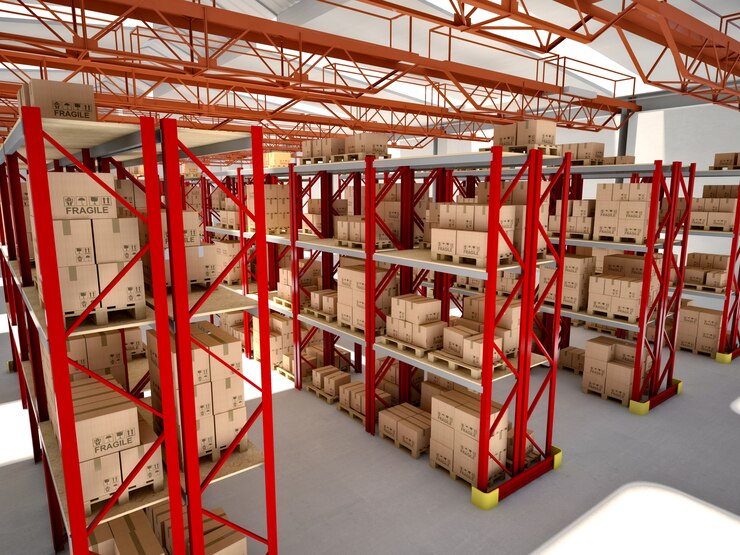
Warehousing plays a crucial role in the Nigerian economy by providing storage facilities for goods, thereby facilitating trade and commerce. Here are some effects of warehousing in Nigeria:
1. **Improved Supply Chain Efficiency**: Warehousing helps in streamlining the supply chain by providing a centralized location for storing goods. This ensures a steady supply of goods to the market, reducing stockouts and improving customer satisfaction.
2. **Reduced Risk of Stockouts**: With warehousing facilities, businesses can stockpile goods during periods of excess supply and release them during periods of high demand. This helps in stabilizing prices and reducing the risk of stockouts, which can disrupt business operations.
3. **Facilitation of Trade**: Warehousing facilitates both domestic and international trade by providing storage facilities for imported goods awaiting distribution and export-bound products awaiting shipment. This contributes to the growth of the Nigerian economy by promoting trade activities.
4. **Job Creation**: Warehousing operations create employment opportunities for a wide range of individuals, including warehouse managers, forklift operators, security personnel, and administrative staff. This helps in reducing unemployment and improving the standard of living for many Nigerians.
5. **Integration with Transportation**: Warehouses are often located near transportation hubs such as ports, airports, and major highways. This integration with transportation networks enables efficient movement of goods to and from the warehouse, further enhancing trade and commerce.
6. **Storage of Agricultural Products**: Nigeria’s agricultural sector is a significant contributor to its economy. Warehousing facilities play a vital role in storing agricultural produce, reducing post-harvest losses, and ensuring food security. This is especially crucial in a country where agriculture forms a significant portion of the GDP.
7. **Support for Manufacturing Sector**: Warehousing supports the manufacturing sector by providing storage space for raw materials, components, and finished goods. This helps manufacturers manage their inventory efficiently and meet customer demand in a timely manner.
8. **Financial Benefits**: Warehousing enables businesses to optimize their inventory management, leading to cost savings through economies of scale, reduced stockouts, and efficient use of storage space. Additionally, warehousing services such as inventory financing allow businesses to leverage their stored goods as collateral for loans, thus improving access to finance.
However, it’s important to note that challenges such as inadequate infrastructure, security concerns, and bureaucratic bottlenecks can hinder the optimal functioning of warehousing in Nigeria. Addressing these challenges through infrastructure development, improved security measures, and regulatory reforms can further enhance the positive effects of warehousing on the Nigerian economy.


